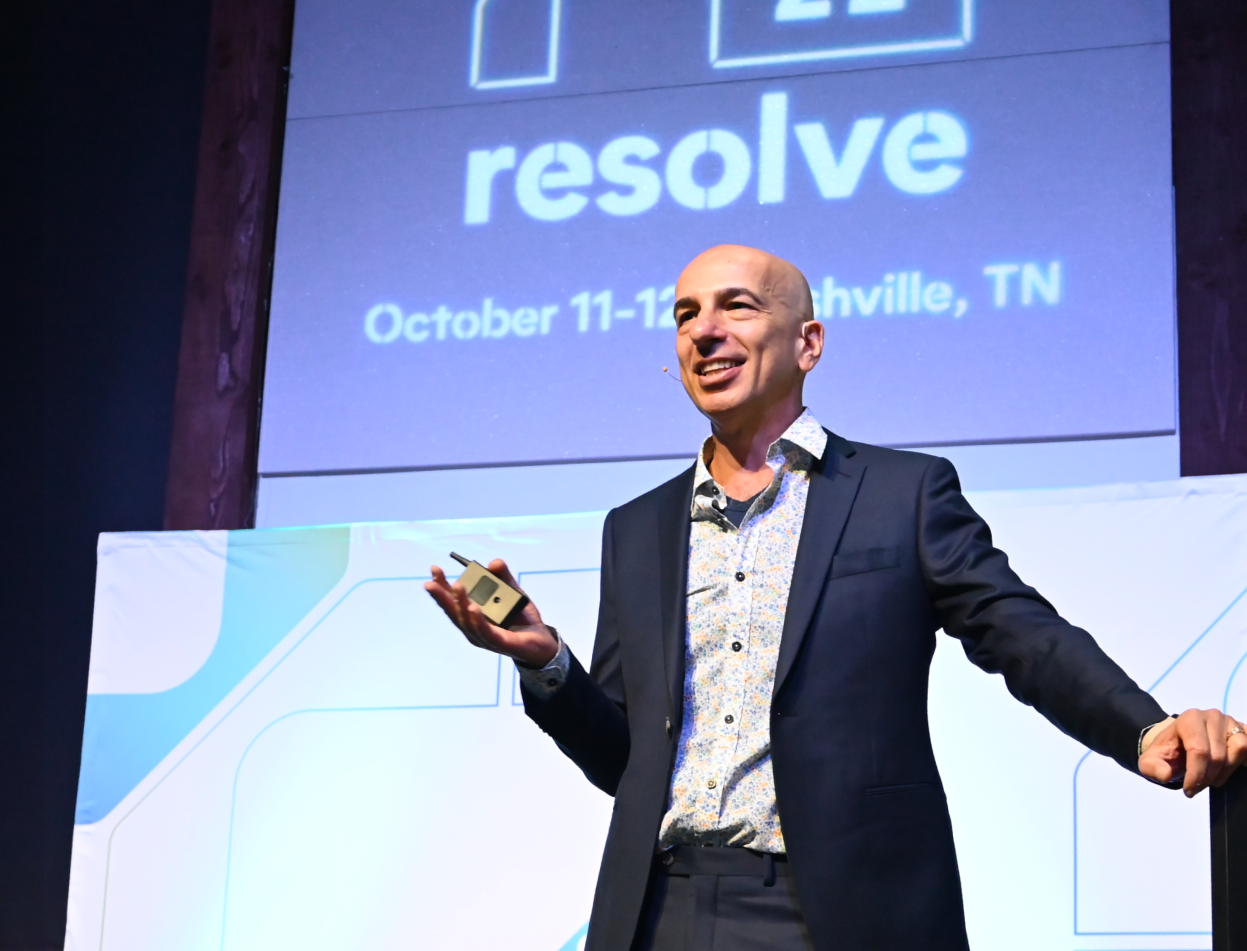Replicant co-founder and CEO Gadi Shamia recently joined the AI and the Future of Work podcast for a conversation with host Dan Turchin about customer service – and how Contact Center Automation is transforming the experience for both companies and their customers.
The insightful discussion touches on numerous topics, including;
- Why we hate calling customer support – and how AI is making the experience better
- Why automation beyond interactive voice response (IVR) systems is saving contact centers
- What happens when AI makes bad decisions
- When it’s ok to “nudge” users to work with the bot – even when they ask for a human
- The ethical implications of bots pretending to be human
- What new careers will be created for call center employees as AI capabilities continue to expand
Improving experiences with technology
The value of automation and leaning on machines to improve the customer service experience is a hot topic of conversation. The unpredictability of hold times can be maddening for a customer, but call volumes also present challenges for businesses looking to quickly scale service based on need at any given time. “The other problem,” Shamia explains, “ is that people don’t want to do this work anymore.”
“The agents on the other side are not really interested in getting minimum wage to sit and hear people screaming at them on the phone all day long.”
Overcoming automation hesitancy
After years of clunky experiences interacting with traditional IVR systems, people may be hesitant to engage with the intelligent machines being employed in customer service. Shamia explains that exposing people to machines actually solving requests is the first step in improving this perception. Fortunately, most calls have a clear path for a machine to guide customers to achieve a positive resolution – freeing agents to assist people with more complex needs that require empathy and creativity.
“Lucky for us and all our customers, 60-70% of the calls… have a clear conversion path, which means we can create immediate relief for companies and allow agents to really focus on where they can make a difference.”
Building safety into the system
Replicant’s Thinking Machines are designed with the safety of callers in mind and to never “lock people in what we call a botland,” explains Shamia. In the case of a roadside assistance call, for example, the Thinking Machine will always ask whether a child or pet is locked in a car and never become distracted or forget this crucial safety inquiry. The Thinking Machine also doesn’t punish callers for impatient behavior. “We don’t care if you scream at us or not,” says Shamia. If a customer truly needs immediate help and asks for an agent, the machine will always transfer the call.
“So far, over the more than 30 million calls, there was no case where we’ll mishandle something in a way that got anyone even close to a harmful situation.”
The evolution of call deflection
For many in the contact center space, diverting calls away from agents is a goal to reduce costs and call volumes. At Replicant, the goal in most cases is to facilitate a constructive interaction with the machine with a slight nudge to encourage the caller-machine conversation. A typical way to do this is to share the wait time with a caller who wants to speak with an agent and ask if they’d like to hold or try to resolve their request. “And most customers will actually say, ‘I’ll go ahead and give it a try,’” Shamia says. “And in most cases, we’re going to resolve it and we don’t have to transfer it to an agent.”
“Only 5% of the callers ask for an agent. That’s it. And we do a lot of work to make sure… that we build trust with the caller so they don’t ask for an agent.”
Automation and the future of work
Contact Center Automation won’t replace the human agents. Not only will the reliance on machines to address mundane aspects of the job improve the quality of the work by allowing agents to focus on the more nuanced needs of their customers, but it has been proven over time that automation leads to the emergence of new types of jobs in response. “As you free up capacity, what businesses tend to do is reinvest it in different ways to increase their revenue and value for their shareholders,” Shamia explains. “And that’s what’s going to happen in the customer service space as well.”
“The jobs of the agents is just going to transfer and change because companies are going to be more complex.”
Learn more about how automation is transforming customer service with Replicant’s 2022 Benchmark Report – a survey of more than 300 industry leaders on their feelings toward automation.


 First Notice of Loss
First Notice of Loss 

